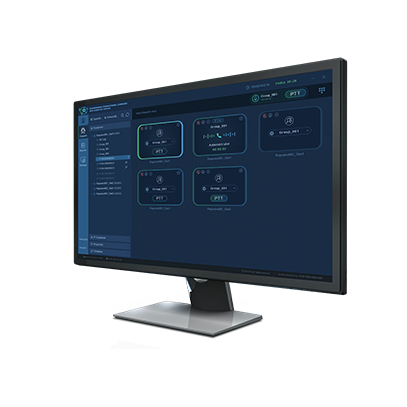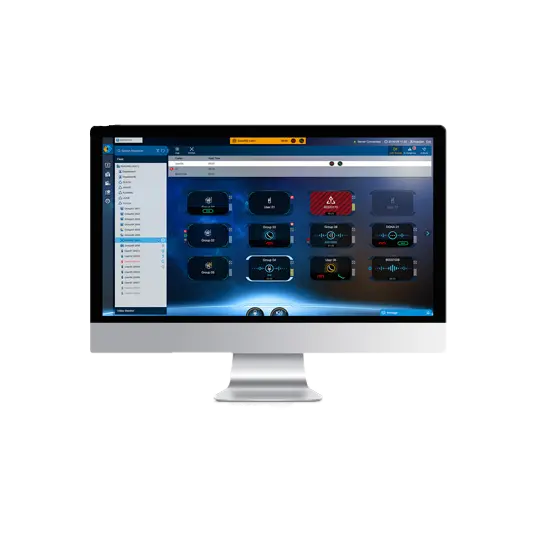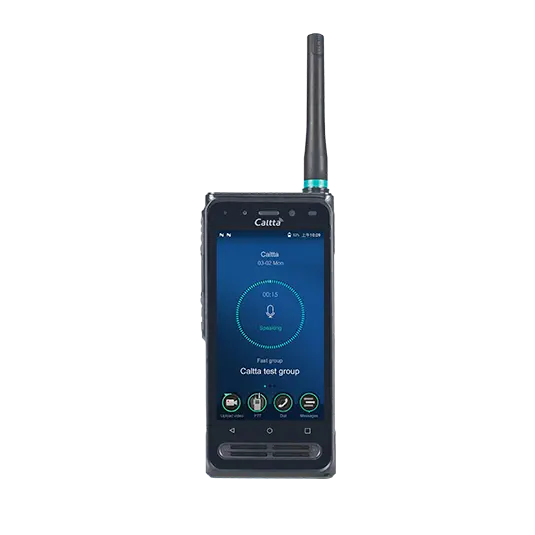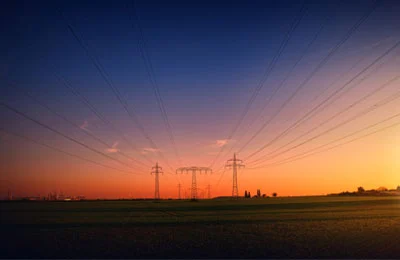In short, DMR is a commercial digital voice system that radio enthusiasts are adapting to. DMR was originally a digital radio standard designed for commercial use and was developed in 2005 by the European Telecommunications Standards Institute ETSI. There is more DMR trunking system used abroad. In the past year or two, many radio amateurs in China have begun to use DMR digital walkie-talkies.
Some enthusiasts who used to play simulation are very unaccustomed to using DMR walkie-talkies for the first time, unlike the analog machine, which can be communicated only by setting the frequency and subtone. The premise of using the DMR walkie-talkie to communicate is to set the group, ID, receiving group list, time slot, and color code.
DMR uses the technology of TDMA time division multiple access, which divides the signal into different time slots, which allows several users to share a frequency channel. Each frequency has a slot 1 or slot 2, and each slot can be used by a different user. Each user transmits in rapid succession using their own time slot. This allows multiple DMR base station to use the same channel while using only part of the channel capacity.
The color code is the same as the Continuous Tone Squelch System (CTCSS) tones in analog systems, and when you want to use a DMR digital repeater, you need to program it with the appropriate color code to turn it on. There are a total of 16 color codes, ranging from 0-15.
Regardless of whether we use an analog mobile station or a mobile station of DMR digital to communicate when connecting to an analog relay, we only need to know the downlink frequency of the relay and transmit sub-tones to communicate with other friendly stations that are online at the same time. Of course the whole point of going into a DMR repeater is to talk to other hams too, and you do that by accessing a talkgroup where you can communicate "one-to-many".
When programming a digital channel, you can choose to listen to signals not only from your current channel talk group. If you add other different talk groups to a receiving group list, then you can also receive signals from other talk groups. For example, the current talk group is 1, and other talk groups such as 2.3.4.5 are added to the receiving group list. Then select the channel of this receiving group list, not only can receive the signal from talk group 1 but also can receive the signal from talk groups 2, 3, 4, 5.
DMR ID is the identity ID of the dedicated DMR system applied for by amateur radio amateurs after holding the certificate. On the analog radio communication system, the identity can be identified by the call sign, and on the DMR communication system, the identity can be identified not only by the call sign but also by the ID.
When programming a DMR channel, in addition to frequency and time slot, color code must be specified. Otherwise, you will not be able to access forwarding. So the magic formula for successfully entering the DMR repeater = frequency + color code + time slot.
Copyright © Caltta Technologies Co., Ltd. All Rights Reserved.
+86-0755-86556659







